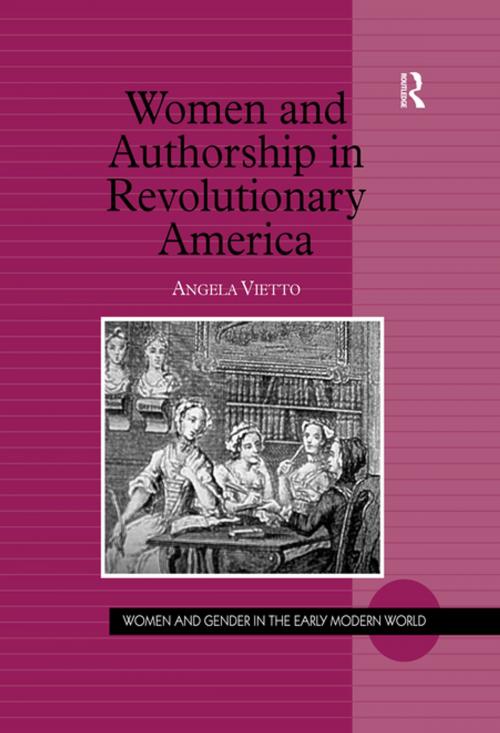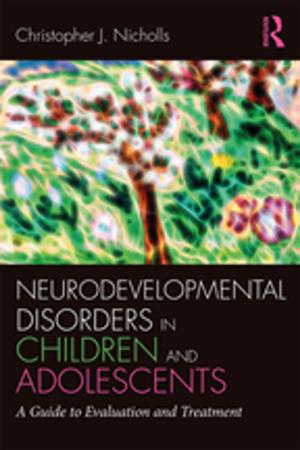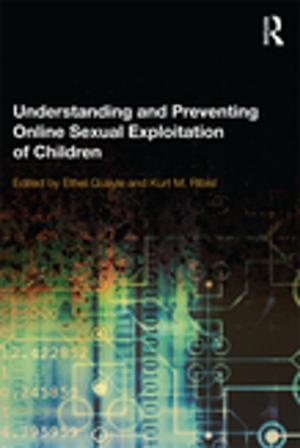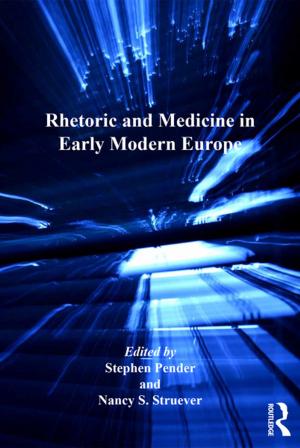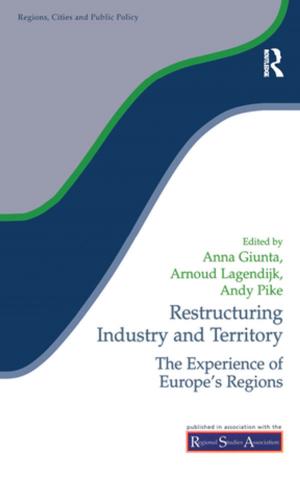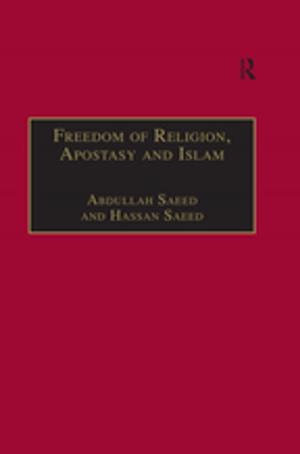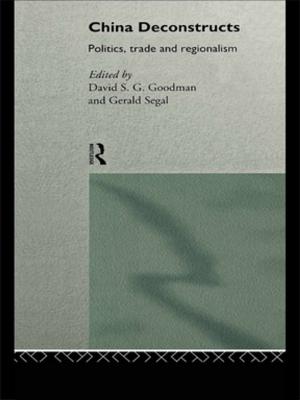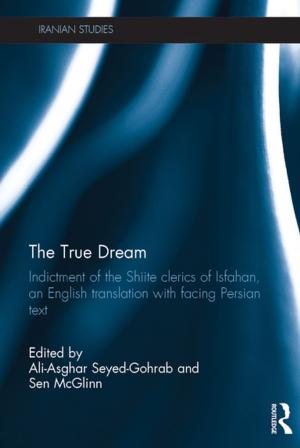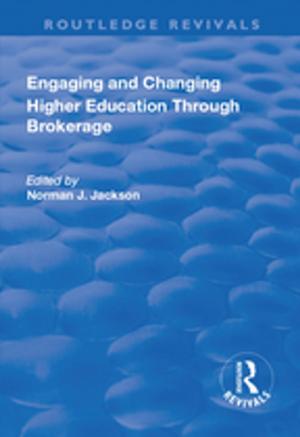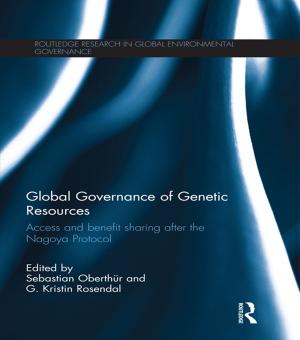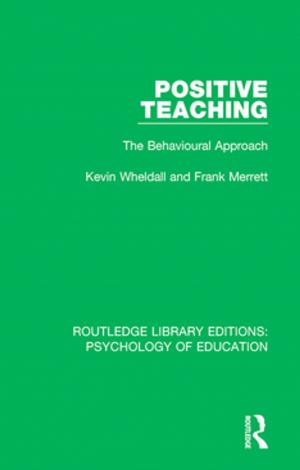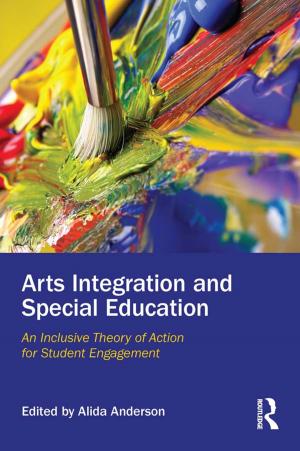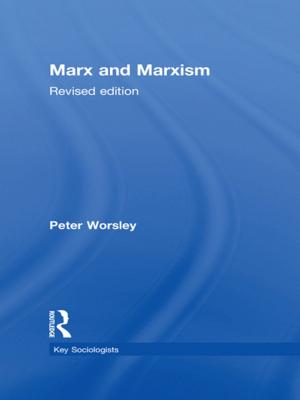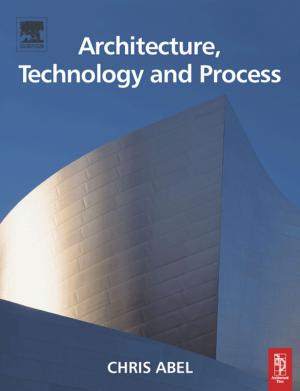| Author: | Angela Vietto | ISBN: | 9781351872416 |
| Publisher: | Taylor and Francis | Publication: | March 2, 2017 |
| Imprint: | Routledge | Language: | English |
| Author: | Angela Vietto |
| ISBN: | 9781351872416 |
| Publisher: | Taylor and Francis |
| Publication: | March 2, 2017 |
| Imprint: | Routledge |
| Language: | English |
Exploring the wealth of writings by early American women in a broad spectrum of genres, Women and Authorship in Revolutionary America presents one of the few synthetic approaches to early US women’s writing. Through an examination of the strategic choices writers made as they constructed their authorial identities at a moment when ideals of both Author and Woman were in flux, Angela Vietto argues that the relationship between gender and authorship was dynamic: women writers drew on available conceptions of womanhood to legitimize their activities as writers, and, often simultaneously, drew on various conceptions of authorship to authorize discursive constructions of gender. Focusing on the half-century surrounding the Revolution, this study ranges widely over both well-known and more obscure writers, including Mercy Otis Warren, Judith Sargent Murray, Sarah Wentworth Morton, Hannah Griffitts, Annis Boudinot Stockton, Elizabeth Graeme Fergusson, Deborah Gannett, and Sarah Pogson Smith. The resulting analysis complicates and challenges a number of critical commonplaces, presenting instead a narrative of American literary history that presents the novel as women’s entrée into authorship; dichotomized views of civic and commercial authorship and of manuscript and print cultures; and a persistent sense that women of letters constantly struggled against a literary world that begrudged them entrance based on their gender.
Exploring the wealth of writings by early American women in a broad spectrum of genres, Women and Authorship in Revolutionary America presents one of the few synthetic approaches to early US women’s writing. Through an examination of the strategic choices writers made as they constructed their authorial identities at a moment when ideals of both Author and Woman were in flux, Angela Vietto argues that the relationship between gender and authorship was dynamic: women writers drew on available conceptions of womanhood to legitimize their activities as writers, and, often simultaneously, drew on various conceptions of authorship to authorize discursive constructions of gender. Focusing on the half-century surrounding the Revolution, this study ranges widely over both well-known and more obscure writers, including Mercy Otis Warren, Judith Sargent Murray, Sarah Wentworth Morton, Hannah Griffitts, Annis Boudinot Stockton, Elizabeth Graeme Fergusson, Deborah Gannett, and Sarah Pogson Smith. The resulting analysis complicates and challenges a number of critical commonplaces, presenting instead a narrative of American literary history that presents the novel as women’s entrée into authorship; dichotomized views of civic and commercial authorship and of manuscript and print cultures; and a persistent sense that women of letters constantly struggled against a literary world that begrudged them entrance based on their gender.
